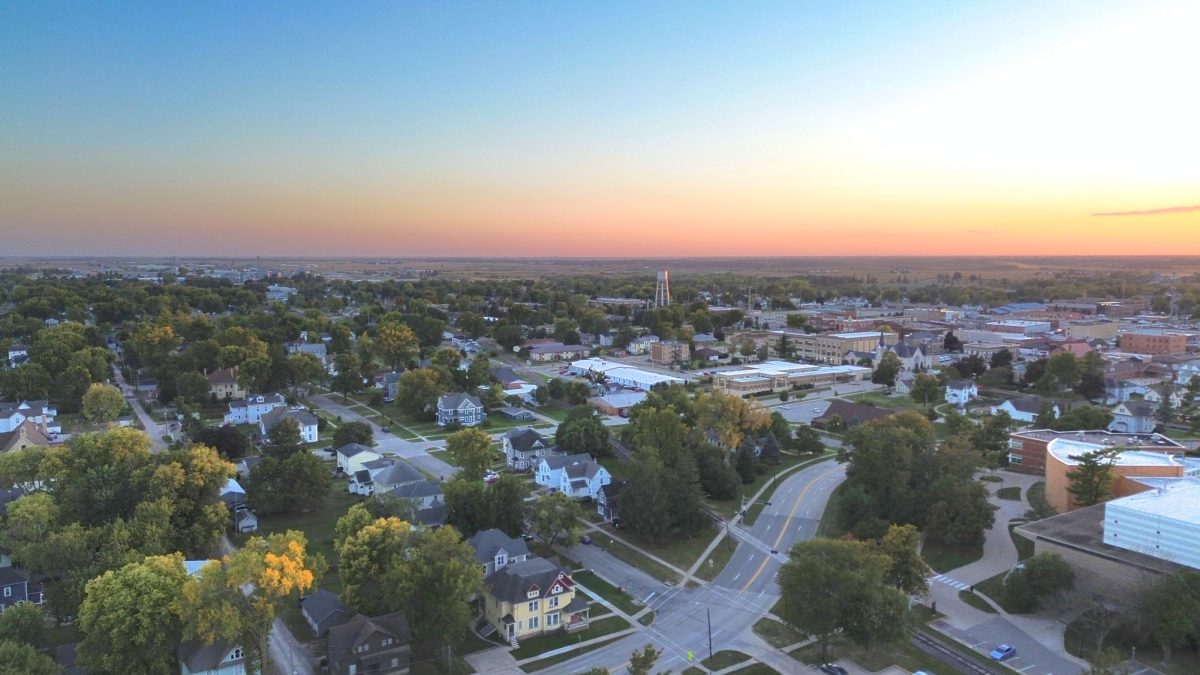David Shribman, is the executive editor of the Pittsburgh Post-Gazette, since 2003. Before Pittsburgh, he was the assistant managing editor, columnist and Washington bureau chief for The Boston Globe. Prior to that, he covered national politics for The New York Times, The Washington Star and The Wall Street Journal. Shribman was awarded the Pulitzer Prize in journalism in 1995 for his coverage of Washington and the American political scene. His column, “My Point,” is syndicated nationally. In his lecture on Wednesday, February 1, Shribman shared his analysis on the current Republican presidential nomination race and the upcoming election.
In your column, you mention that the Republican presidential nomination race is very different this year. Could you explain that difference?
What I think is unusual of this race in the Republicans in 2012 is what we saw in the Democrats in 2008. There is no Republican establishment left. There is no Republican establishment from the establishment, and there is no old guard among the old guard. The importance of this is that there’s no one to step forward and say “this is enough” or “this is our candidate.” For centuries, the Republicans always had such figure, but they don’t have them anymore. This isn’t so unusual. For the Democrats in 2008, you have Hilary Clinton, who was the candidate of establishment. She had support from a former president, all the big labors, and special interest groups – what we considered the Democratic Coalition, but yet she was repudiated. And Barack Obama won. So the Democrats went through this four years ago, and the Republicans are going through it now.
What factors led to this “wither of the establishment”?
It is hard to know exactly what they were. But part of that was the emergence within the Republican Party of people who are willing, and in some cases, eager, to question the prevailing ethos of the Republican Party, which is the support for business. Gingrich raised the question of the character of capitalism, the Republicans’ long-term allegiance–this allegiance to big business dates to 1896. What we have here are the Republicans asking questions about business and capitalism, that the Democrats would like to ask but don’t dare, using words that Democrats would like to use but don’t dare. It is a remarkable evolution for the Republicans, and a remarkable situation, as we go forward.
Speaking of the criticism to capitalism, do you think the Occupy Movement contributed to that change?
I think the Occupy Movement provided the Republicans the language and the vision. It is an irony, because what the language and idiom was against Republicans like Mitt Romney. It is odd to think that conservatives, such as Gingrich, would have used that language, but in fact they did. It is hard to say, but I do wonder what language that Gingrich would have run on, if the Occupy Movement didn’t provide the vision and vocabulary that has been a part of the American conversation in the last six months. The Occupy Movement contributed to the political landscape in the most unpredictable way. You would have thought that it would have affected the Democrats, but in fact, it affected the Republicans.
Indeed we have observed many changes in the Republican nomination. What are the changes on the Democrats’ side?
I think what the Democrats are doing now is standing back and allowing Republicans to fight amongst each other. It’s a great rule in politics – don’t get in the way when your opponents are destroying each other. Gingrich has been hurting Romney, so maybe this is good – but, on the other hand, maybe the whole Romney issue will get poised, rather than being discussed in September and October. We don’t know the answer to that question right now. The interesting thing is that the Republicans were examining their candidates’ life, which they had never done before.
But the supporters for the Democrats are changing right now. For example, you mentioned in your column that the blue collars are leaning towards the Republicans right now.
Indeed, the blue collar workers have been part of the Democratic coalition since 1936. But now blue collar workers, by a small margin, favor the Republicans. This is a huge change of character of our politics. It has changed the whole picture. As a result, when Obama is building his coalition for election for 2012, it is all mixed. It is no longer the Democratic coalition for three quarters of the century. So we have, in both parties, great upheavals.
How does that play out in the larger picture, especially in a time where partisan opposition is so strong?
Yes, we have a lot of people opposing each other, and we also have the coalitions in both parties shifting. But at the same time, we haven’t talked about geography. The South was the bulwark of the Democratic victory in the 1930s and 1940s all the way through the 1960s. And now we saw as the Democratic South is fairly solid for the Republicans. So we will have to see, geographically, how this works out as well, because the geographic factors are shifting just as dramatically as the economic factors are.






















































